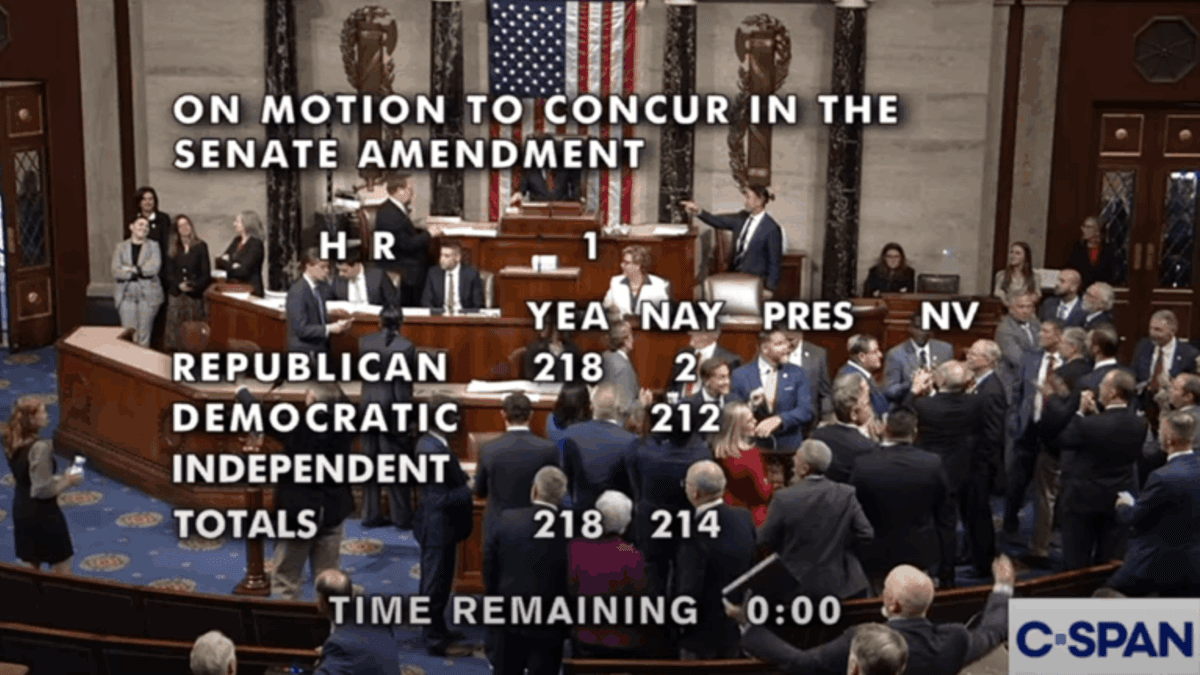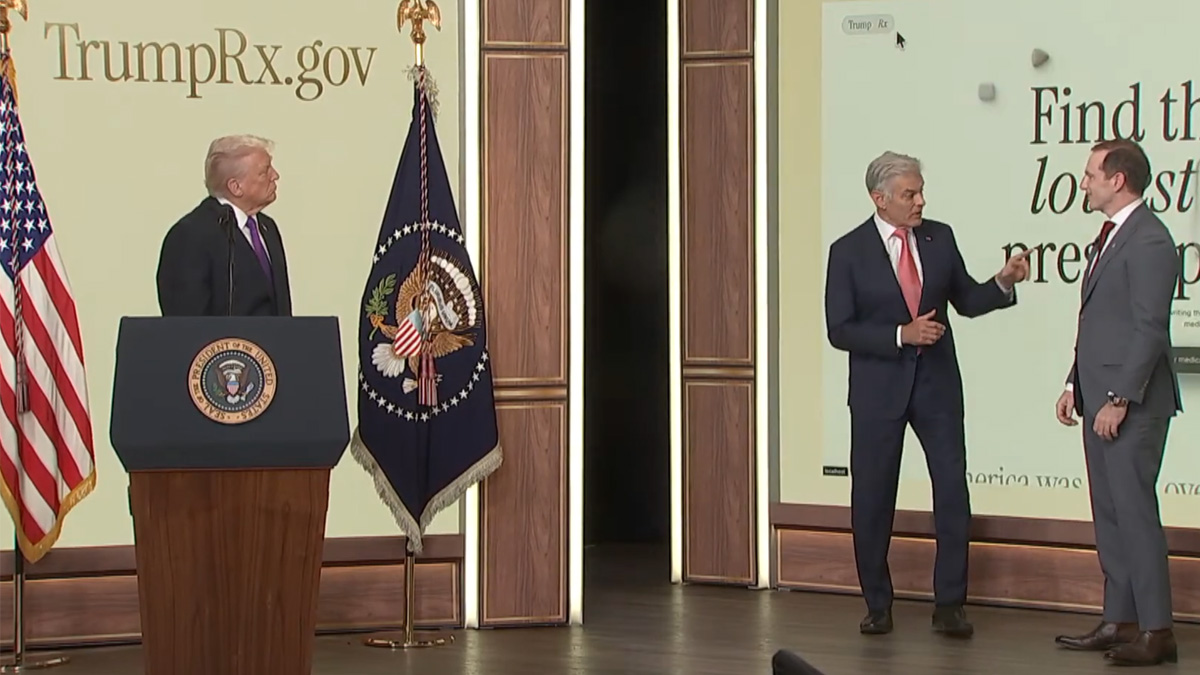Trump secures first major legislative win of second term with sweeping domestic policy bill
President Donald Trump has won his first major legislative victory of his second term after Congress narrowly approved a vast domestic policy package that combines tax cuts, expanded defence and border funding, and deep welfare reductions.

- The bill passed Congress on 3 July with a narrow 218–214 House vote, following a tie-breaking vote by Vice President JD Vance in the Senate.
- The legislation delivers major tax cuts and boosts for defence and border security while reducing social programmes such as Medicaid and SNAP.
- Democrats opposed the bill unanimously, calling it a handout to the wealthy, while Trump hailed it as a fulfilment of his campaign promises.
President Donald Trump’s sweeping domestic policy bill passed Congress on 3 July 2025, handing him the first major legislative victory of his second term.
The House approved the bill in a narrow 218–214 vote, following the Senate’s approval earlier in the week. The president is expected to sign the legislation on 4 July at the White House.
The package, described by Trump as the “big, beautiful bill,” combines significant tax cuts, increased funding for the Pentagon and border security, and major reductions in federal safety net programmes.
According to CNN, it represents the largest downsizing of federal welfare and social support systems in decades.
The legislation’s passage marks a significant milestone just six months into Trump’s second term.
Political effort behind the bill
The president and congressional allies engaged in an intense campaign to rally Republican lawmakers behind the package, which some fiscal conservatives initially opposed due to its impact on the deficit.
House Speaker Mike Johnson and Senate Majority Leader John Thune played critical roles in pushing the bill through Congress.
Johnson noted that some doubted the House could pass the bill by Memorial Day, but it ultimately surpassed that timeline, arriving at the president’s desk just ahead of Independence Day.
Vice President JD Vance also played a key role, especially in the Senate. Vance held multiple meetings and was instrumental in persuading senators, including Alaska’s Lisa Murkowski, to support the bill.
In the end, Vance cast the tie-breaking vote in the Senate, ensuring the bill’s passage.
Republican unity and resistance
While nearly all Republicans fell in line, two House Republicans — Reps. Thomas Massie of Kentucky and Brian Fitzpatrick of Pennsylvania — voted against the bill. Massie criticised the measure as not “beautiful enough” to earn his support.
In the House, conservatives initially resisted the bill’s provisions, particularly the cuts to social programmes.
However, many eventually shifted after meetings with Trump and assurances about future executive orders.
According to Speaker Johnson, no “specific commitments” were made to win over holdouts, though discussions about the administration’s approach to implementing the law were critical.
The Freedom Caucus, led by Rep. Andy Harris, expressed concerns but ultimately supported the bill after negotiating changes aimed at achieving additional budgetary savings.
Other lawmakers, such as Rep. Ralph Norman of South Carolina and Rep. Chip Roy of Texas, credited Trump’s personal engagement for their support.
Trump repeatedly emphasised the political and economic costs of failure during private meetings, telling lawmakers that not passing the bill would damage the conservative agenda and risk economic instability.
Economic and policy impact
The bill includes substantial tax reductions, which Trump has argued will boost economic growth beyond 2.6%. It also includes controversial measures to phase out green energy tax credits and cut federal assistance programmes such as Medicaid and SNAP.
Democrats opposed the bill unanimously, condemning it as a giveaway to the wealthy and harmful to low-income Americans.
Minority Leader Hakeem Jeffries delivered an eight-hour speech in protest, setting a modern record for the longest House floor speech.
Celebration and political implications
Trump has described the bill as a fulfilment of campaign promises to lower taxes, strengthen border security, and reduce government spending.
A senior White House official called Trump the “omnipresent force” behind the legislation, noting that his relationships with lawmakers were decisive.
Trump is scheduled to sign the bill during a Fourth of July event at the White House, which will also include a military flyover and a picnic for military families. The signing ceremony is set for 5 p.m. ET.
The bill’s passage is expected to shape the 2026 midterm elections, with Republicans touting it as a triumph and Democrats warning of severe consequences for public services and healthcare.
As Trump prepares to celebrate the legislative victory in Iowa and beyond, the political battle over the bill’s long-term effects is only beginning.







